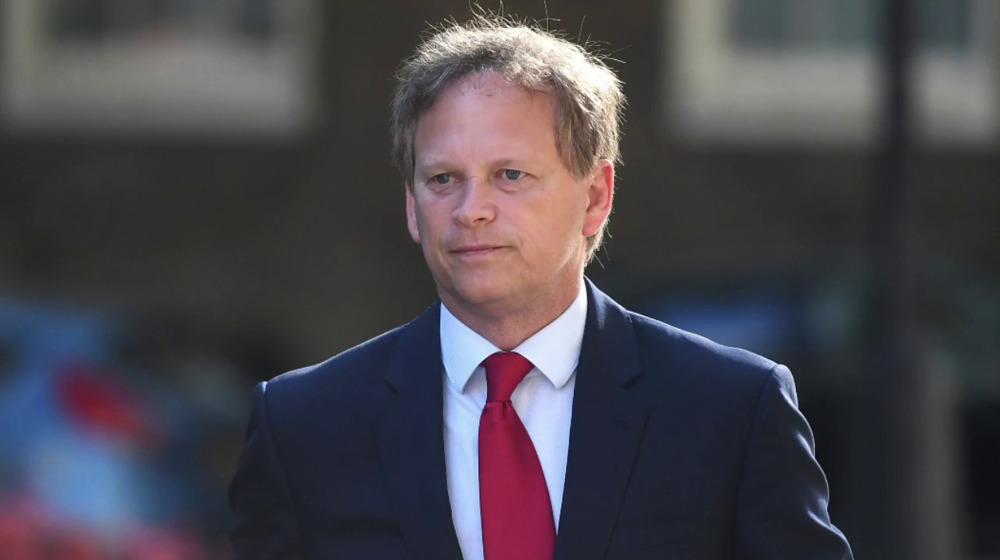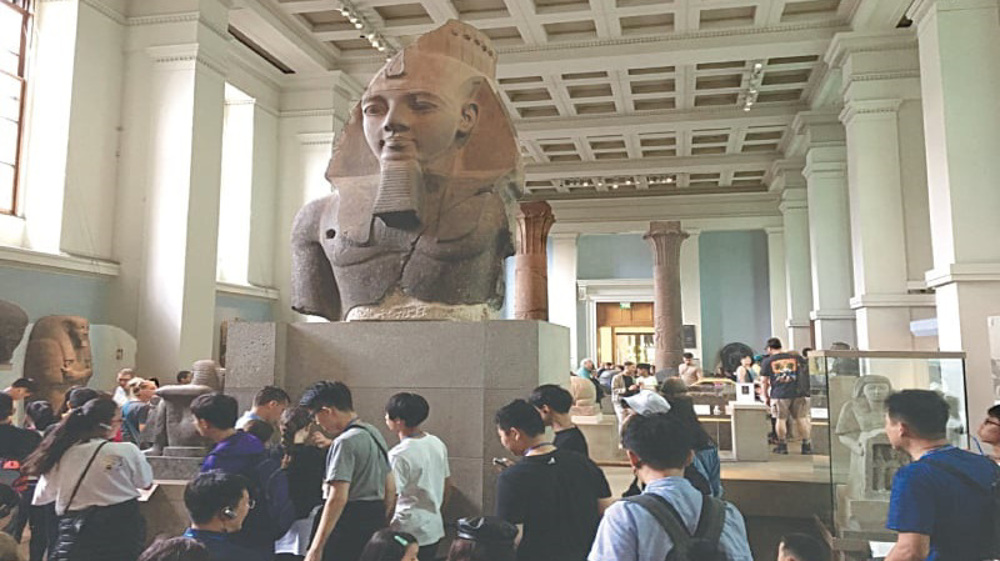UK minister: No evidence of Russian meddling in Brexit vote
A British minister rejects the notion that Russia meddled in the 2016 Brexit referendum following the disclosure of a report that showed the UK was "clearly a target" for disinformation campaigns around its elections.
On Tuesday, a report into an alleged Russian “interference” in British national life was released, showing that the British intelligence community took their “eye off the ball” over the issue and more broadly the government has “badly underestimated” the alleged threat.
According to the report by the House of Commons’ Intelligence and Security Committee (ISC), the British Security Service failed to “fully investigate” the extent of Moscow’s alleged interference for fear of “being seen” to interfere in “democratic processes”.
Speaking to Sky on Wednesday, however, Transport Secretary Grant Shapps said there was no evidence to support such an allegation.
"There needs to be some evidence that there's an issue there - which there isn't," Shapps said when asked if there should be a further probe into the matter.
The ISC said in its report that there were open source indications that Russia had wanted to influence the Brexit campaign, but did not provide any hard evidence.
"I don't think it’s the case that the intelligence services took their eye off the ball," Shapps said.
Nevertheless, in a separate interview, Shapps said a new security law requiring foreign agents to register in the UK was being considered.
Although the move would not be the "only solution" to security threats, it could make it easier to extradite spies, he told Radio 4's Today program.
As Labour criticized "systemic failings" in the UK's response to Russia, Shapps noted the government was already taking a "more forward-leaning approach," but also thought the time was suitable for "additional powers".
Registration by foreign agents "might be very useful,” he said, although cautioned it was "not the entire answer" to dealing with threats.
The plan was mentioned in the government's legislative agenda last December, and it was formerly announced by former home secretary Sajid Javid last year in May.
Under such a law, those who represent the interests of foreign powers would be required to register on arrival in the UK.
Hamas condemns Netanyahu’s proposal for new regional alliance
Huckabee mocks Arab League's condemnation of his biblical territorial remarks
VIDEO | Trump tariff setback
VIDEO | Press TV's news headlines
VIDEO | Iran will not 'capitulate' since it has military surprises for US
China overtakes US as Germany’s top trading partner
VIDEO | Displaced Gazans struggle to find clean water amid Ramadan
VIDEO | Pakistan strikes militant camps along Afghan border after suicide bombings











 This makes it easy to access the Press TV website
This makes it easy to access the Press TV website